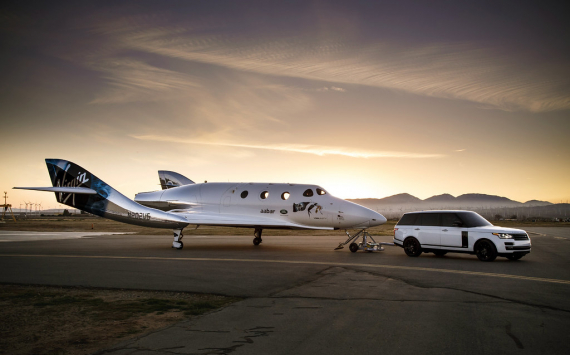
Problems at Virgin Galactic
British billionaire Richard Branson's Virgin Galactic has postponed its commercial suborbital flight (to an altitude of about 100km from Earth's surface) until the second quarter of 2023, reporting a loss of $110.7m from April to June. The company announced this in its quarterly report on Thursday.
"Our short-term plans now include a suborbital tourist flight in the second quarter of 2023. We have introduced many impactful initiatives that contribute to long-term success," the report said. The company's second-quarter loss was about $111 million, up nearly $18 million from the same period in 2021.
During a call with investors yesterday, CEO Michael Colglazier blamed the delay on supply chain problems and labour shortages, which he said had disrupted the "hard work" required to get the ship ready for operation.
Virgin Galactic had previously planned a suborbital flight in the fourth quarter of 2022, but due to "labour shortages and supply chain crises" it pushed it back to the first quarter of 2023. In February, the company began selling tickets for space travel, setting prices at $450,000 per person subject to a down payment of $150,000.
However, on Thursday, another US company, Blue Origin, for the sixth time, sent the New Shepard spacecraft with six tourists on board to suborbit. The flight lasted more than ten minutes. The previous launches took place in July, October and December of last year and on March 31 and June 4 of this year. The company did not disclose the cost of the trip.
It is worth noting that Virgin Galactic is developing projects for suborbital tourist flights. A six-passenger Unity spaceplane has been built for this purpose. Since 2016, the company has conducted a total of 22 test flights of the spacecraft. The Unity-22 mission on 11 July 2021 involved Richard Branson and five Virgin Galactic employees. The spacecraft flew to an altitude of 86km, where the crew experienced a state of weightlessness for several minutes.








